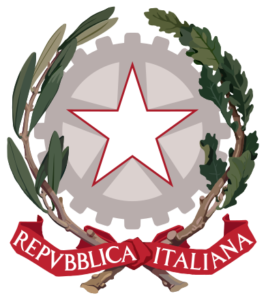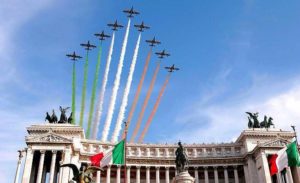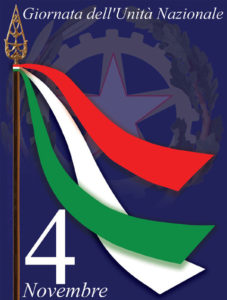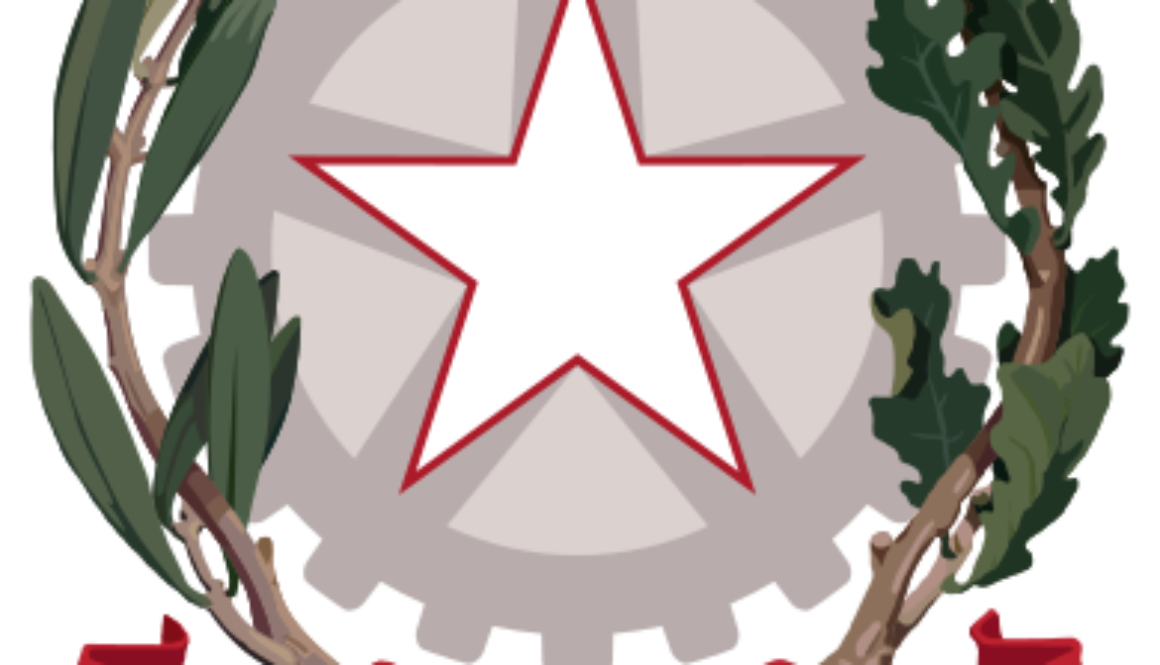Italian National Holidays and Celebrations – An Overview
 Even after many years I still have problems memorising the Italian national holidays. A few are internationally (Christian) standard, like Christmas and Easter, but the Italian calendar has a few exceptions as well. So, it is important to remember when they are, as most shops tend to be closed on those days. A good reason to have a overview.
Even after many years I still have problems memorising the Italian national holidays. A few are internationally (Christian) standard, like Christmas and Easter, but the Italian calendar has a few exceptions as well. So, it is important to remember when they are, as most shops tend to be closed on those days. A good reason to have a overview.
Italian National Holidays
- Capodanno (January 1rst) – the head of the year, or New Year
- Epifania (January 6th) – apart from the Christian feast of the three magi with their presents for the baby Jesus, it is also a typically Italian celebration of the witch-like figure la Befana, bringing sweets for good children and charcoal for the bad ones.
- Pasqua – Easter, reminding the resurrection of Christ, as in all Christian countries. For Italians a good reason to have a very abundant lunch with members of all generations of the family.
- Lunedì dell’Angelo or Pasquetta – Angel’s monday or Little Easter, the monday after Easter. The angel referred to would be the one that the women met at the tomb where Jesus’ corpse was kept after crucifixion.
- Festa della Liberazione (April 25th) – Liberation Day, celebration of the end of the fascist era and the nazist occupation, memorising the day that the resistance declared a general strike against the opressors, in 1945. In almost every city you will find statues or sculptures and streets or squares reminding you of this day.
- Festa dei Lavoratori (May 1rst) – Labour Day, international
 Festa della Repubblica (June 2nd) – Day of the Republic, celebrating the referendum of the day in 1946 when the Italians decided that Italy should be a republic instead of a kingdom. Exit Vittorio Emanuele and his son Umberto, no more reign of the House of Savoy.
Festa della Repubblica (June 2nd) – Day of the Republic, celebrating the referendum of the day in 1946 when the Italians decided that Italy should be a republic instead of a kingdom. Exit Vittorio Emanuele and his son Umberto, no more reign of the House of Savoy.- Assunzione di Maria Vergine or Ferragosto (August 15th) – the Ascension of Maria, a Christian holiday with strong roots in classical Roman times (feriae agustae), it is nowadays first and foremost the highpoint of summer holiday of the Italians
- Tutti i santi (November 1rst) – All Saints’ Day like everywhere. Note that the following day, november 2nd is the day when all the dead are remembered and many Italians visit the cemetery where their deceased family members rest. But it is not an official holiday.
- Immacolata Concezione (December 8th) – Immaculate Conception, remembering the official catholic dogma of Maria, mother of Jesus, born without the original sin with which every other human is born.
- Natale (December 25th) – Christmas, another reason to to have a very abundant lunch with members of all generations of the family, like at Easter
- Santo Stefano (December 26th) – the day after Christmas, name-day or Saint’s day of saint Stefano.
Nite that Ascension Day, celebrating Christ’s ascension to paradise is not an official holiday in Italy. Instead there are a few unofficial days of remembrance like, la Vigilia, Christmas Eve and in some regions the Antivigilia with the Cena dell sette cene.
 Apart from the holidays mentioned above, each village has its own patron celebration day, falling on the name-day of the patron saint. Finally, there exists the Giornata dell’Unità Nazionale e delle Forze Armate, the Day of National Unity and the Army, on the first sunday of November. This is the only celebration that survived all different regimes after its inauguration on November 4th 1918 to memorise the victory in WWI, although it is no longer a holiday for Italian workers. You’ll be certain to see the official festivities in each village though accompanied by the National Anthem. The same holds for the non-holiday national celebration of the Tricolore, the Italian flag the 7th of January, immediately after Epifania.
Apart from the holidays mentioned above, each village has its own patron celebration day, falling on the name-day of the patron saint. Finally, there exists the Giornata dell’Unità Nazionale e delle Forze Armate, the Day of National Unity and the Army, on the first sunday of November. This is the only celebration that survived all different regimes after its inauguration on November 4th 1918 to memorise the victory in WWI, although it is no longer a holiday for Italian workers. You’ll be certain to see the official festivities in each village though accompanied by the National Anthem. The same holds for the non-holiday national celebration of the Tricolore, the Italian flag the 7th of January, immediately after Epifania.
In those cases that a feast day is close to the weekend, il finesettimana, on Tuesday or Thursday for example, people often take the intermediate day off as well. This is called a ponte, a bridge.

